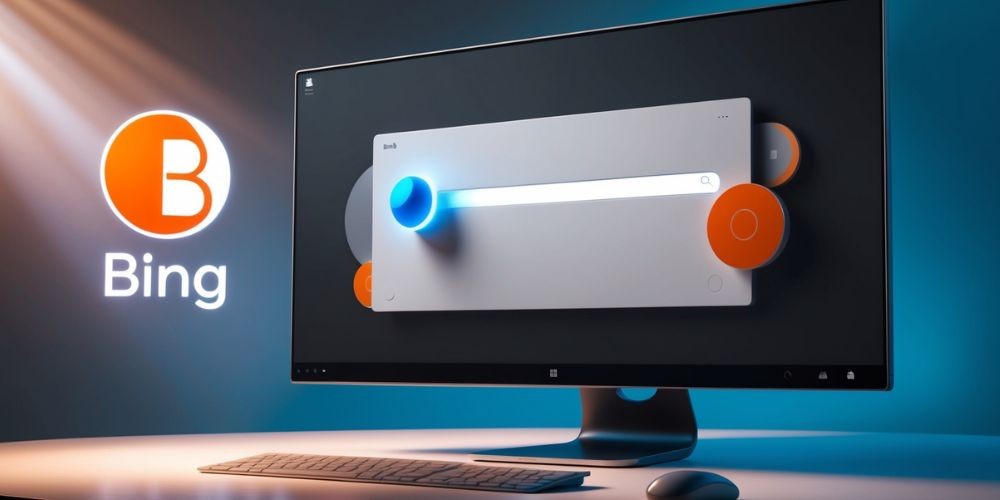Bing Unveils New AI Generative Search to Compete with Google
Jul-25-2024

As the competition in the AI search engine domain heats up, Microsoft has made a significant move by introducing Bing generative search. This innovative feature aims to rival Google’s AI Overviews, promising enhanced user experiences. Currently available to a limited audience, Bing generative search utilizes a combination of large and small generative AI models to aggregate information from various online sources and generate comprehensive summaries in response to user queries. This is a notable evolution from the AI-generated chat answers Bing launched earlier this year.
For instance, when a user searches, "What is a spaghetti western?" Bing generative search curates detailed information regarding the film genre's history, origin, and prominent examples. Accompanied by links to the original sources, it not only provides accurate summaries but also promotes transparency by citing its information sources. Users are given the flexibility to switch between AI-generated summaries and traditional search results, thereby catering to diverse preferences. Microsoft has emphasized its commitment to evolving the search experience on Bing through continuous user feedback and iterative enhancements.
The AI-generated search results are designed to meet users' query intents more effectively. However, the tech industry is rife with cautionary tales of AI-generated misinformation. Google's AI Overviews once suggested using glue on a pizza, while other AI models have given similarly dubious advice. Microsoft strives to mitigate such risks by thoroughly testing and refining its generative AI models before a broader rollout. Despite some past missteps in the AI space, Microsoft’s pledge to cautiously expand Bing's generative search demonstrates a learned approach to balancing innovation with reliability.
One critical concern with AI-generated overviews is their impact on web traffic, particularly for content publishers. Studies suggest such features could potentially reduce traffic to original articles, as users get the information they need directly from the summaries. While Microsoft claims to maintain click rates and actively monitors the effect on publisher traffic, it has yet to present concrete data. The company remains optimistic, hinting at positive early feedback and asserting its dedication to supporting the broader online content ecosystem.
In summary, with Bing's generative search, Microsoft sets the stage for the future of web navigation by leveraging cutting-edge AI capabilities. As the technology matures, the company hopes to roll it out more extensively, rooting for its promise to deliver a superior and reliable search experience. Given both the potential benefits and pitfalls, time will ultimately reveal whether Microsoft's AI-driven search innovation will earn the widespread approval it seeks. For now, all eyes remain on Bing’s gradual yet ambitious journey toward redefining search paradigms.







